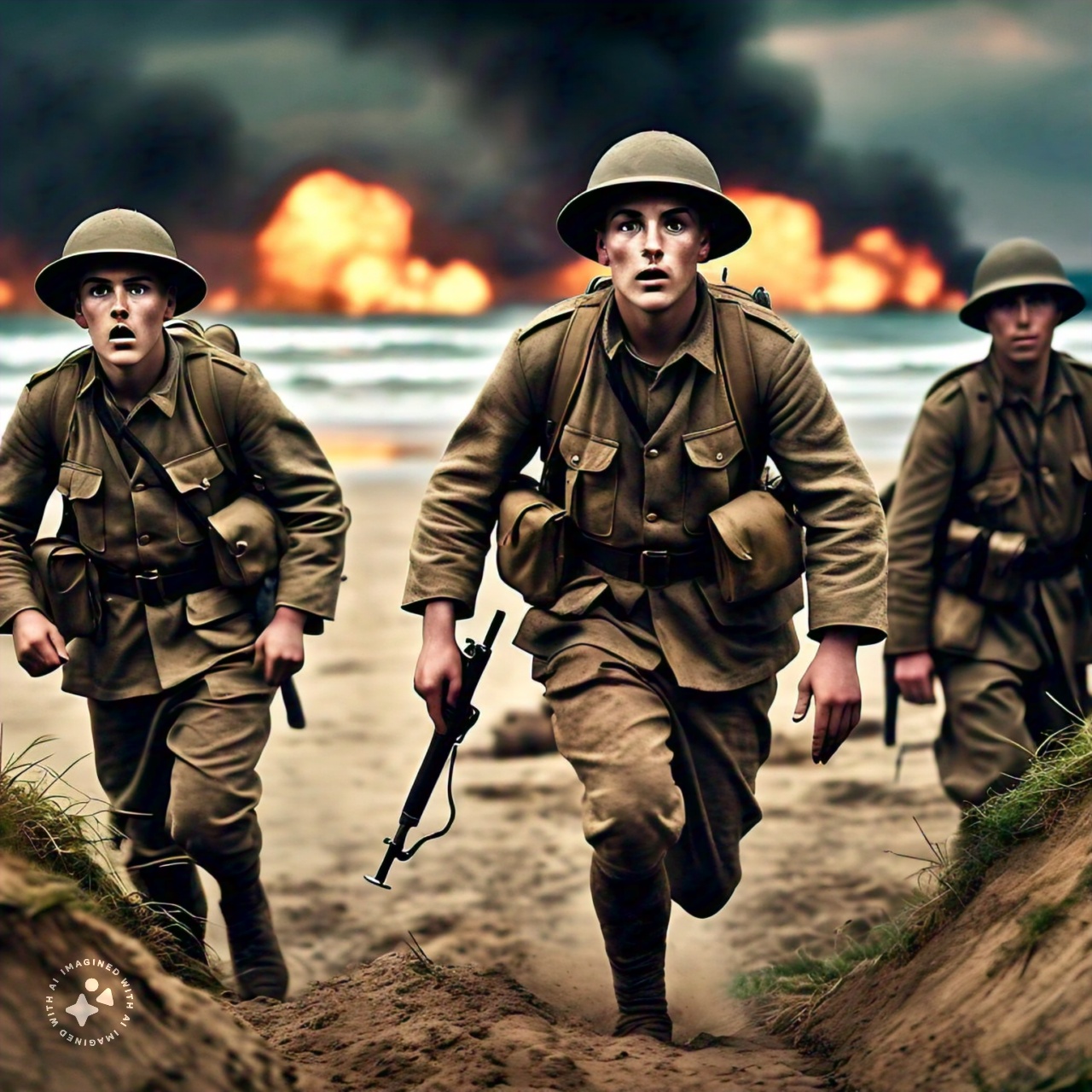
Lest we forget
Why do we remember a battle that we did not win?
At dawn on 25 April 1915, New Zealand and Australian soldiers landed on the beach at Gallipoli as the first stage of a campaign devised by Winston Churchill.
The ultimate objective was to capture Istanbul, the capital of the Ottoman Empire, but the young kiwis and Australians met fierce resistance from the Ottoman Army and what was planned as a bold strike quickly became a stalemate with the campaign dragging on for 8 months.
Finally at the end of 1915, the allied forces were evacuated after both sides suffered heavy casualties and endured great hardships.
So, Gallipoli wasn’t a great victory – in fact it took a huge toll on our nation:
▶️There were 7,500 NZ casualties – including over 2,500 who were killed or died of wounds or disease.
▶️Overall, over 10% of our people – the cream of our youth – went off to fight during the first world war – with over 103,000 troops and nurses leaving our shores to serve between 1914 and 1918. All from a population of just over 1 million people.
▶️42% of all Kiwi men of military age served in the New Zealand expeditionary force. 16,697 of them were killed and 41,377 were wounded during the war – a casualty rate of 58% of all those who served.
▶️NZ had one of the highest casualty and death rates, per capita, of any country involved in the war – second only to Serbia.
Yet, despite this huge toll, we chose to remember – and in the years since, the Gallipoli campaign has become symbolic of the ongoing role that kiwi soldiers have played in protecting the freedoms which we now take for granted.
News of the landing at Gallipoli made a profound impact on New Zealanders at home and the men who served there created a legend – adding the word ANZAC to our vocabulary and creating the notion of the ANZAC spirit.
In 1916, just a year after the landing, the first anniversary of the conflict was observed in NZ, Australia and England and by troops in Egypt and 25 April was officially designated as ANZAC Day.
By the 1920’s ANZAC Day had become a national institution, and annual commemorations were held throughout the country.
The old saying – that we went to war as British subjects and came home as New Zealanders – is as true today as it was when those brave young people first returned home to build a nation. Indeed, in the wake of the war, our Govt decreed that NZ soldiers would never again come under the command of British Forces. If we were going to put our lives on the line – we would also make our own combat decisions.
So even though Gallipoli did not mark a great military triumph – it symbolises something much more important for New Zealanders. It is the defining moment upon which we trace our identity as a fully independent nation and the foundation upon which we have established freedoms which include a robust democracy, one of the highest qualities of life in the world and the privilege of living in one of the greatest countries on the planet.
Lest We Forget….
Discover more from ashleychurch.com
Subscribe to get the latest posts sent to your email.
